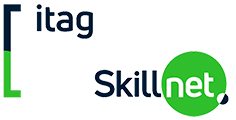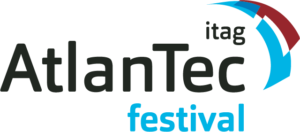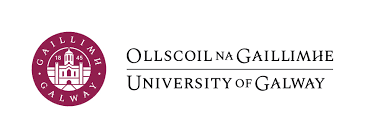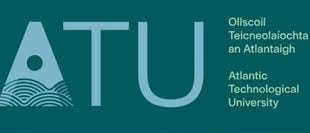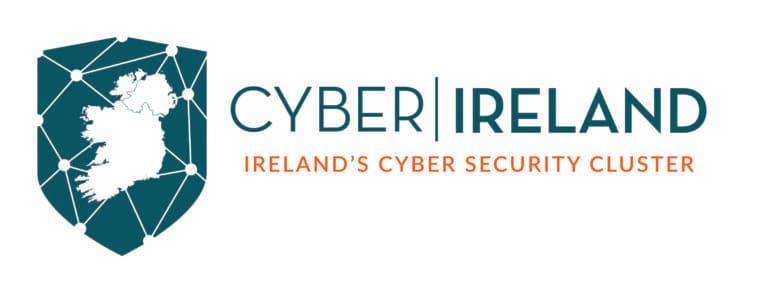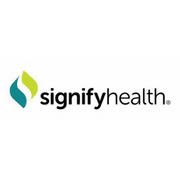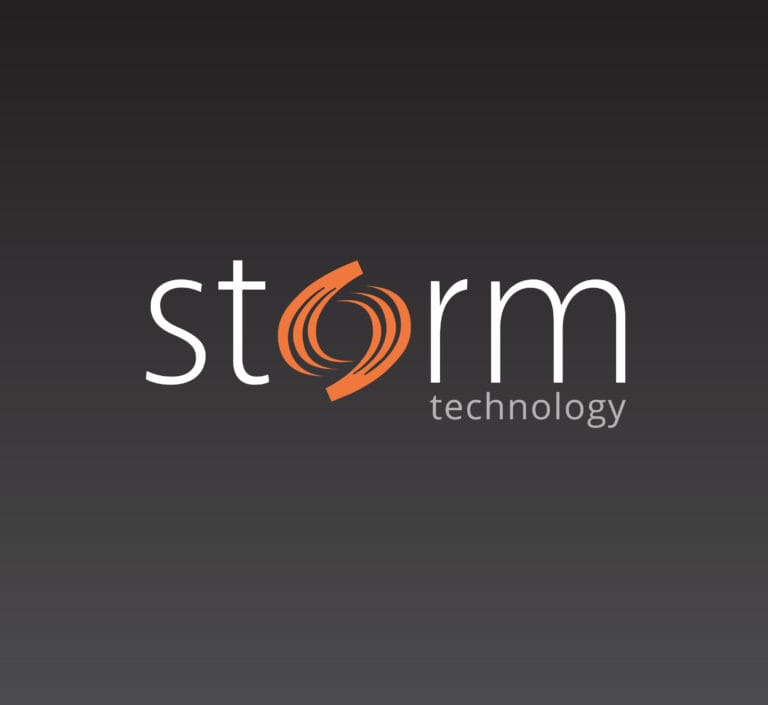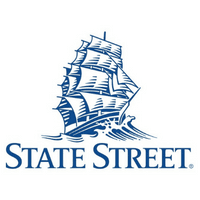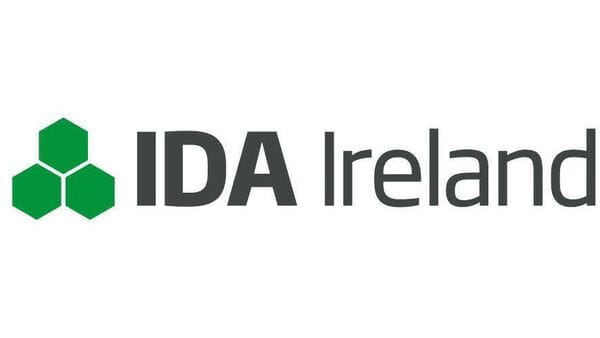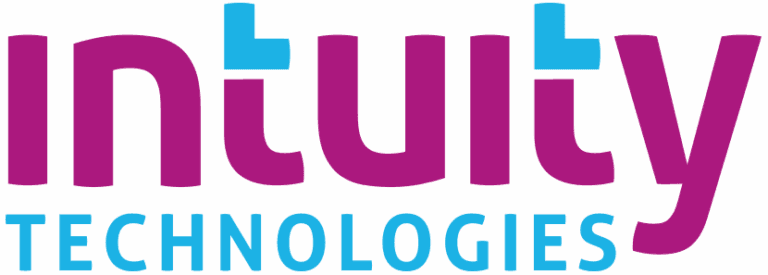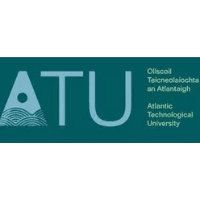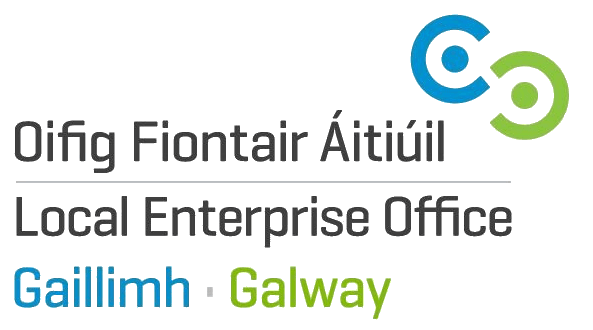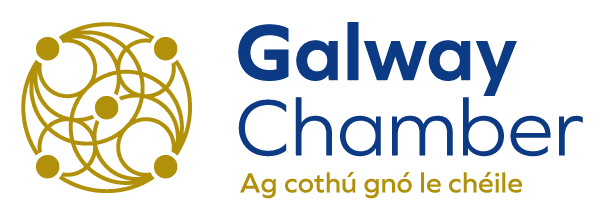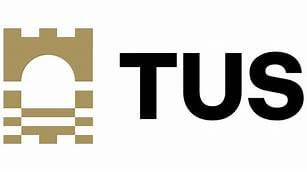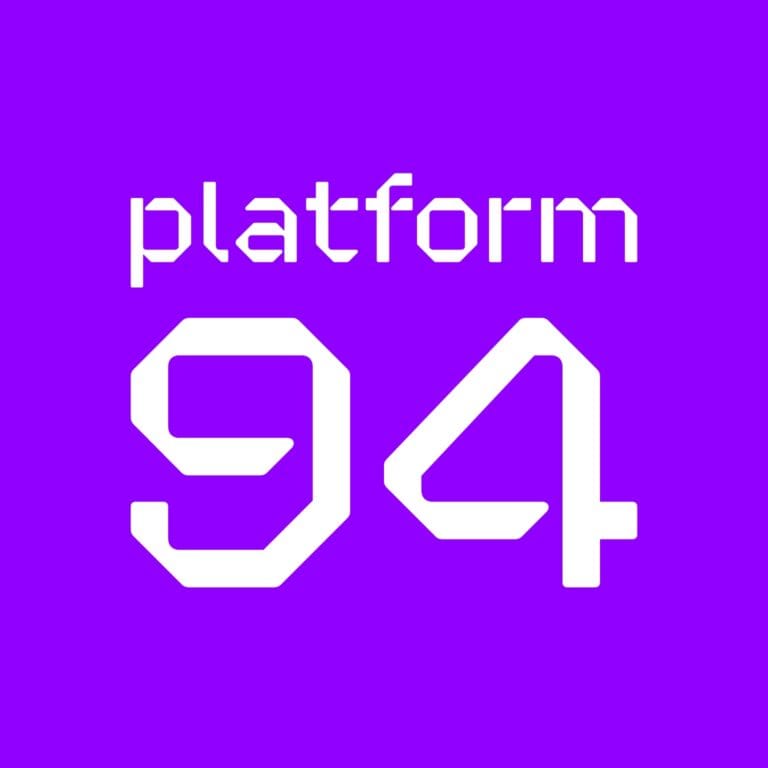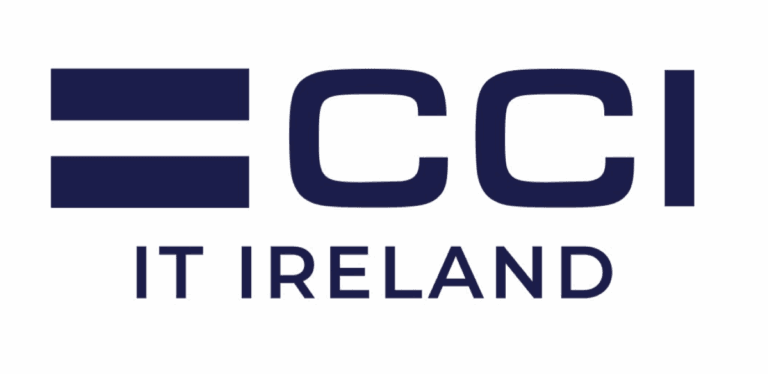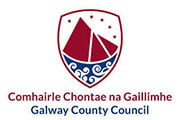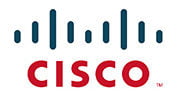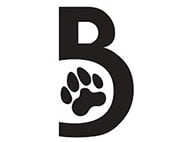Course overview
The certification for Foundation Level Extension – Agile Tester is designed for professionals who are working within Agile environments. It is also for professionals who are planning to start implementing Agile methods in the near future, or are working within companies that plan to do so, The certification provides an advantage for those who would like to know the required Agile activities, roles, methods, and methodologies specific to their role.
Course objectives
An Agile Tester can…
<ul
</ul
In general, a Certified Tester Foundation Level – Agile Tester is expected to have acquired the necessary skills to working effectively within an Agile team and environment.
Who should attend?
The Foundation Level Extension – Agile Tester qualification is aimed at professionals who are interested in understanding the testers role in an Agile environment, and need more understanding and knowledge about how to perform and manage testing on all levels in Agile projects.
These professionals include people who are in roles such as testers, test analysts, test engineers, test consultants, test managers, user acceptance testers, and software developers.
This Foundation Level Extension – Agile Tester certification may also be appropriate for anyone who wants a deeper understanding of software testing in the Agile world, such as project managers, quality managers, software development managers, business analysts, IT directors, and management consultants.
Pre-requisites
To be able to participate in a Foundation Level Extension – Agile Tester exam, candidates must have obtained the ISTQB Foundation in Software Testing certificate.
The Examination
The examination is a one hour exam, consisting of 40 multiple choice questions. To gain the Foundation Level Certification, a delegate must get at least 26 marks.
Course content
<ol
</ol
1.1 The Fundamentals of Agile Software Development
1.1.1 Agile Software Development and the Agile Manifesto
1.1.2 Whole-Team Approach
1.1.3 Early and Frequent Feedback
1.2 Aspects of Agile Approaches
1.2.1 Agile Software Development Approaches
1.2.2 Collaborative User Story Creation
1.2.3 Retrospectives
1.2.4 Continuous Integration
1.2.5 Release and Iteration Planning
</ol
2.1 The Differences between Testing in Traditional and Agile Approaches
2.1.1 Testing and Development Activities
2.1.2 Project Work Products
2.1.3 Test Levels
2.1.4 Testing and Configuration Management
2.1.5 Organisational Options for Independent Testing
2.2 Status of Testing in Agile Projects
2.2.1 Communicating Test Status, Progress, and Product Quality
2.2.2 Managing Regression Risk with Evolving Manual and Automated Test Cases
2.3 Role and Skills of a Tester in an Agile Team
2.3.1 Agile Tester Skills
2.3.2 The Role of a Tester in an Agile Team
</ol
3.1 Agile Testing Methods
3.1.1 Test-Driven Development, Acceptance Test-Driven Development, and Behaviour Driven Development
3.1.2 The Test Pyramid
3.1.3 Testing Quadrants, Test Levels, and Testing Types
3.1.4 The Role of a Tester
3.2 Assessing Quality Risks and Estimating Test Effort
3.2.1 Assessing Quality Risks in Agile Projects
3.2.2 Estimating Testing Effort Based on Content and Risk
3.3 Techniques in Agile Projects
3.3.1 Acceptance Criteria, Adequate Coverage, and Other Information for Testing
3.3.2 Applying Acceptance Test-Driven Development
3.3.3 Functional and Non-Functional Black Box Test Design
3.3.4 Exploratory Testing and Agile Testing
3.4 Tools in Agile Projects
3.4.1 Task Management and Tracking Tools
3.4.2 Communication and Information Sharing Tools
3.4.3 Software Build and Distribution Tools
3.4.4 Configuration Management Tools
3.4.5 Test Design, Implementation, and Execution Tools
3.4.6 Cloud Computing and Virtualisation Tools

